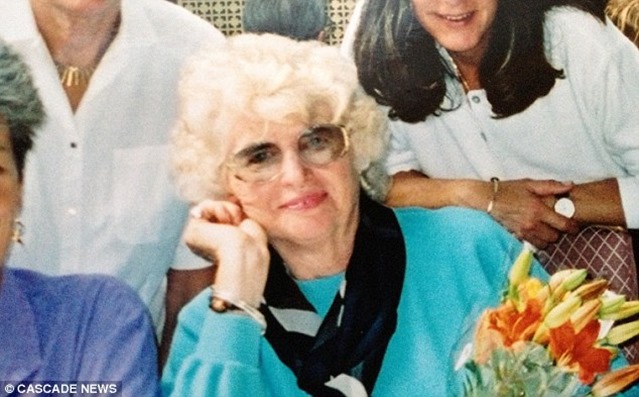Daily Mail
September 14, 2014

When undercover police and immigration officers raided a care agency suspected of employing illegal immigrants, they declared the operation an unmitigated success.
They stormed into the offices of Carefirst24 on a busy road in Sutton, Surrey, in broad daylight, arresting the owner and his wife as well as seven others and seizing as much paperwork as they could lay their hands on.
Later that day, January 15, 2013, the Metropolitan Police even put out a statement, hailing their work as a perfect example of the police and UK Border Agency working together ‘to protect elderly and vulnerable people and to keep them safe’.
At around the time the police were conducting their well-planned raid, 81-year-old Gloria Foster was alone at her neat ground-floor flat just four miles away, unaware of the devastating consequences it would have on her life.
Suffering from dementia, high blood pressure and type 2 diabetes, the frail widow was watching television after eating the spaghetti bolognese that her Filipina carer, Marieta, had heated up in the microwave for her lunch. Marieta, who was Gloria’s favourite carer, carefully recorded these details in the care logbook.
She had ‘put on the washing machine’ she noted, as a reminder to the next carer, due later that day, that it would need to be emptied.
After the raid on Carefirst24, however, there was no visit. In effect, the company immediately ceased to trade and Gloria, who had been paying £2,000 a month to be visited four times a day, was left alone for nine fateful days before she was discovered by a visiting nurse.
By then Gloria was suffering from dehydration, starvation and kidney failure. She was covered in her own faeces and soaked in urine. She never fully regained consciousness and died on February 4.

This week, at an inquest into her death, a coroner declared the former secretary had died of ‘natural causes contributed to by neglect’ after it emerged that Surrey County Council, which was responsible for stepping in to take over Gloria’s care, catastrophically failed to do so.
The council failed to contact her, despite being given a list of Carefirst24’s clients in advance of the raid by the police. Their gross failure, said coroner Richard Travers, undoubtedly contributed to her death.
But the tragic story of how Gloria Foster slipped through the care net also raises pressing questions about how Britain’s middle-class elderly are treated by the local authorities responsible for their wellbeing.
Having worked and saved hard for most of their lives, many of them are expected to pay for their own care.
Gloria certainly was, footing an enormous bill to ensure she was safe in her own home.
Carers would drive to her small ground-floor flat in Banstead, Surrey, four times a day. They would get her out of bed, wash her and give her meals. They would ensure she took her medication. They washed and dried her clothes and did the housework.
They would help her move between her bed and armchair. Then bathe her and put her to bed.
Gloria was incapable of looking after herself, but perhaps most disturbing of all was the admission this week by the social worker responsible for contacting Gloria after the raid on Carefirst24 that there was an ‘assumption’ that self-funding clients could ‘manage their own care or have help from someone else to arrange it’.
Elizabeth Egan, who gave evidence at this week’s inquest in Woking, has since left her job, along with her immediate manager Jane Giles, who failed to check Ms Egan’s work.
Surrey County Council has since apologised for its failure, but a detailed examination of the events leading up to Gloria’s death reveals the extent to which those in the care system are at the mercy of bureaucracy. Her friends, who are still reeling from her death, are also determined to understand what went so catastrophically wrong with her care.

